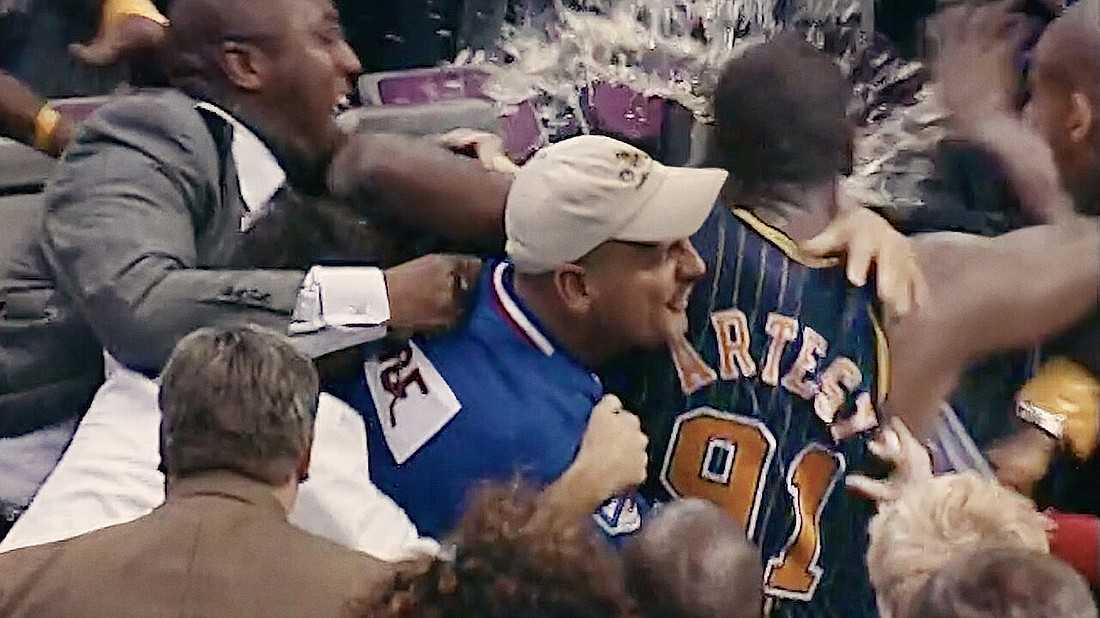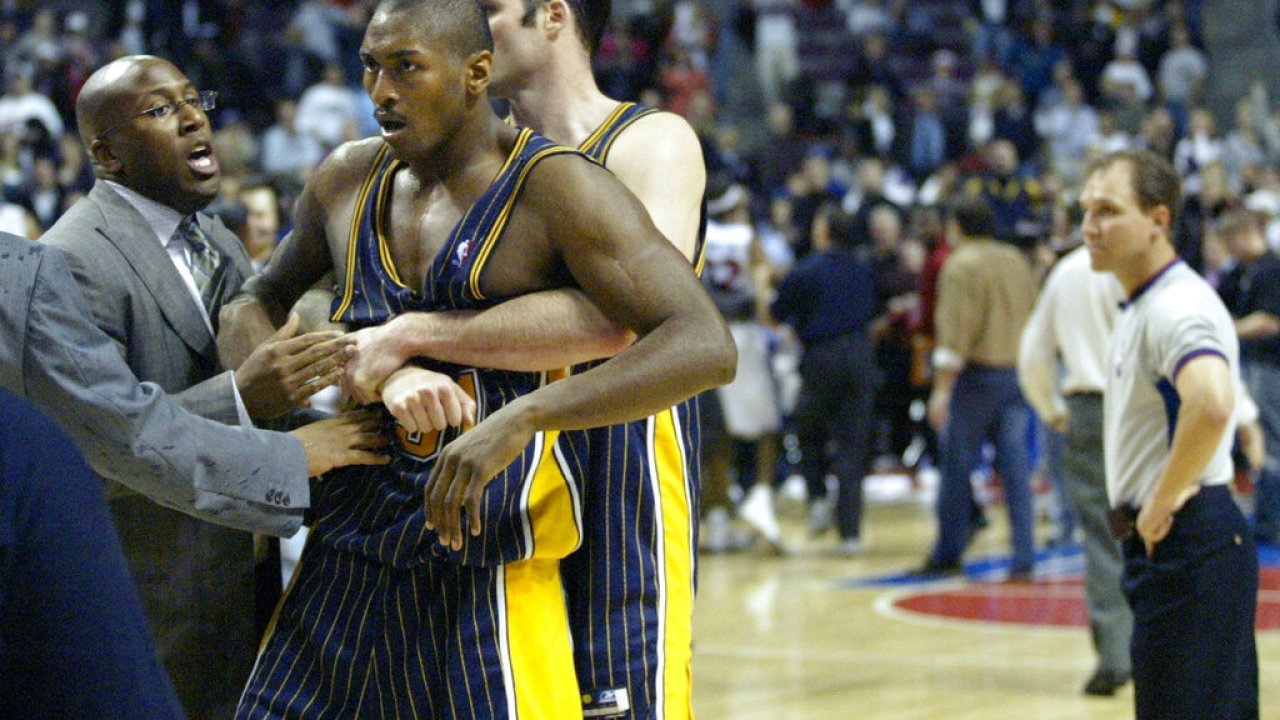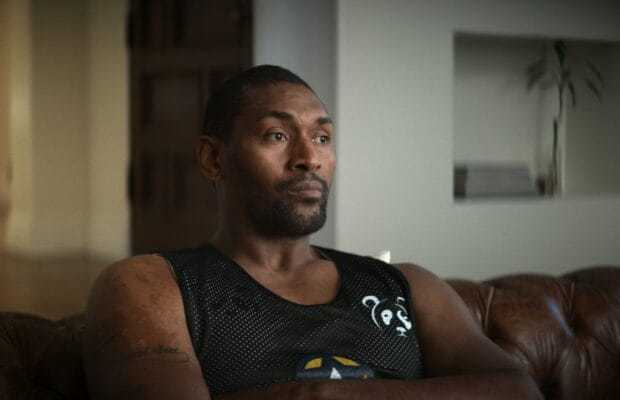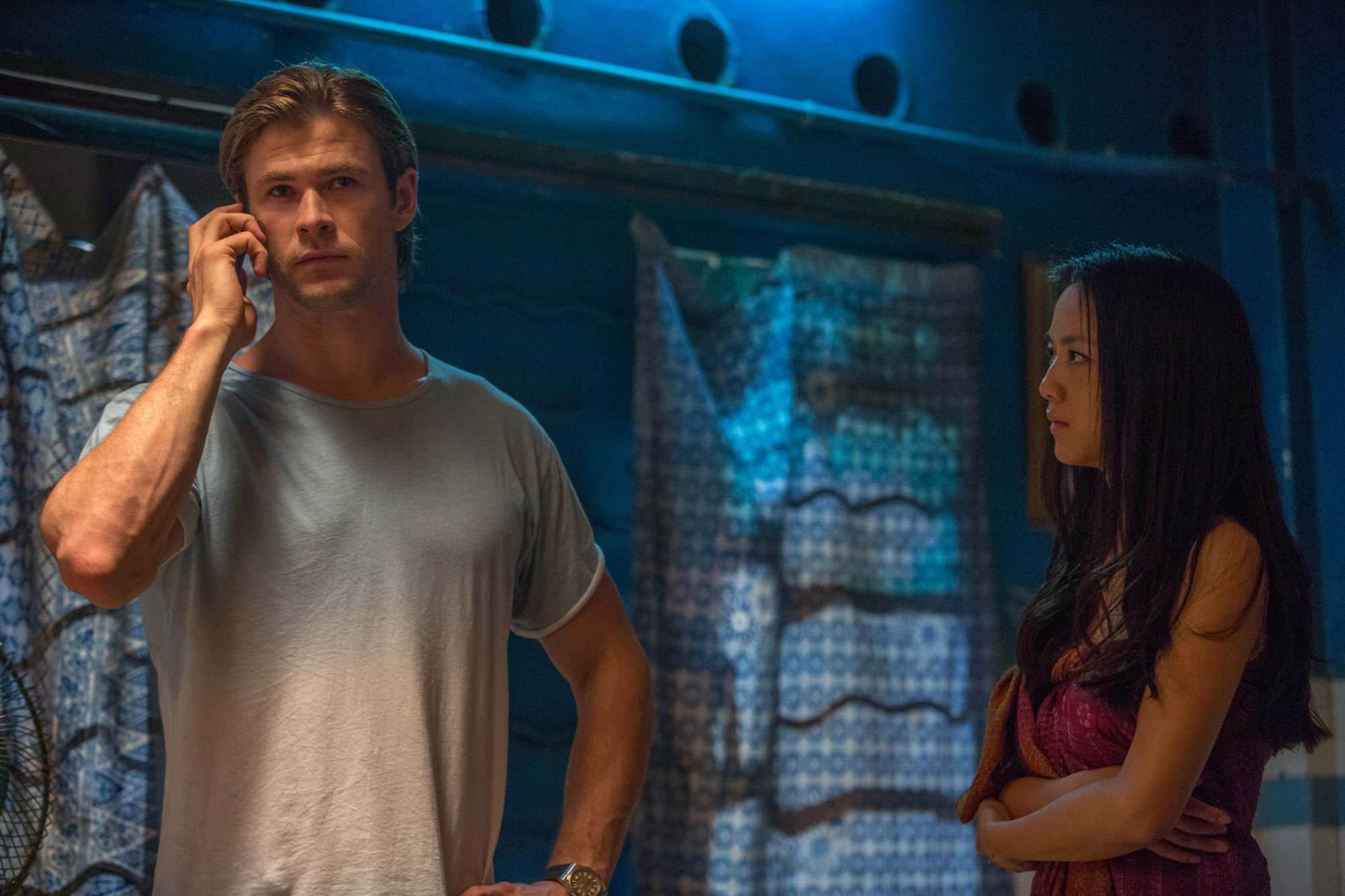- May 10, 2025
-
-
Loading

Loading

(My prediction for the next person to experience a rebound, by the way? Kate Hudson after her appearance in the "Knives Out" sequel. Write that down.)
As you know, Alyssa Lopez, a Sarasota native, was cast on this summer's edition of "Big Brother." Even though she lost the support of her Kings teammates when the season's "team twist" ended a few weeks ago — and lost her "Chris-Alyss" showmance when Christian was evicted last week — she's doing great on her own and is still alive. She's now officially made it to the jury rounds, which means she will (at the very least) help decide the winner of the show on finale night.
This has been "How is Alyssa doing on 'Big Brother'?"
Netflix, rated TV-MA, 69 minutes

Twitter comedian Brendan O'Hare joked in his Letterboxd review of this documentary that events of the Malice at the Palace brawl were the biggest thing to happen in his childhood other than 9/11.
I'm guessing it's only a half-joke. I'll never forget watching the highlights of the incident the night it happened. Never before had it even occurred to me that players could go into the stands for any reason, let alone to have a physical altercation or two. The video of Metta World Peace, then named Ron Artest, absolutely destroying the jaw of a Detroit Pistons fan who had come onto the court is seared into my brain. I love spontaneous fight videos to this day, and the events of this game are no small reason why, I'm guessing. Of course, Malice at the Palace, as the incident came to be know, was much more than a typical fight.
If you have no idea what I'm talking about — not sure how that's possible, but maybe I'm mistaken — the whole thing is on YouTube. Enjoy, or be horrified and clutch your pearls or whatever.
What I don't remember about that night is how I felt about the whole thing on a moral and ethical and societal level. I certainly didn't remember, as "Untold: Malice at the Palace" shows, the legion of white journalists rushing to call the Indiana Pacers thugs, over and over, in no uncertain terms blaming them for the incident that sent shockwaves though not just U.S. sports but the U.S. as a country — even as members of the audience pelted the players with full beers and whatever else they could grab (one particularly zealous fan threw a metal chair, which injured two other fans). It remained a black eye on the NBA for years and led to the league instituting dumb rules like game night dress codes in order to appeal to, ahem, certain audiences.
This documentary aims to give the players involved the voice they were not given back in 2004. The Pacers' World Peace, Stephen Jackson, Jermaine O'Neal and Reggie Miller all appear on camera, as does Detroit Pistons center Ben Wallace. The testimony they give is interesting, shining light on what they were going through at the time, not just that night but in the months and years leading to that explosive moment. World Peace had been in therapy for mental health issues (we never hear a specific diagnosis), Jackson was a combative newcomer trying to fit into an already volatile locker room, O'Neal was trying to prove himself as one of the league's best young players, Miller wanted to win a championship before he retired, and Wallace was dealing with the death of his brother. The film doesn't absolve the players of their role in the brawl, per se, but it does help to understand why their emotions were already high.

It helps that the players, specifically World Peace and Jackson, are great storytellers who don't have any time for flowery language. They tell their story, and they tell it without any bullshit. It's an enthralling hour and change, especially once it focuses on the incident proper, but the film is also the rare documentary I wish were longer. Here's what we don't get to see or hear: why the initial beer thrower did what he did; whether any of the journalists shown feel remorse about how they spun the events of the evening and the fallout that followed; or what anyone in the NBA front office (David Stern?) thought while watching the footage of that night or while choosing the proper punishments.
In those respects, the documentary — which is the first in an "Untold" series of sports docs — is a missed opportunity. It could have had a lot to say about the world of 2004 and the world of 2021 and how much has or has not changed, yet it settles for being entertaining. But maybe that's OK. It lets the players speak their peace, finally, and that can be enough.
HBO Max, rated R, 133 minutes

I don't have a lot of time so I'm going to bullet point a few reasons why you should watch "Blackhat," the underrated cyber crime globetrotter starring Chris Hemsworth as the Michael Jordan of hackers.